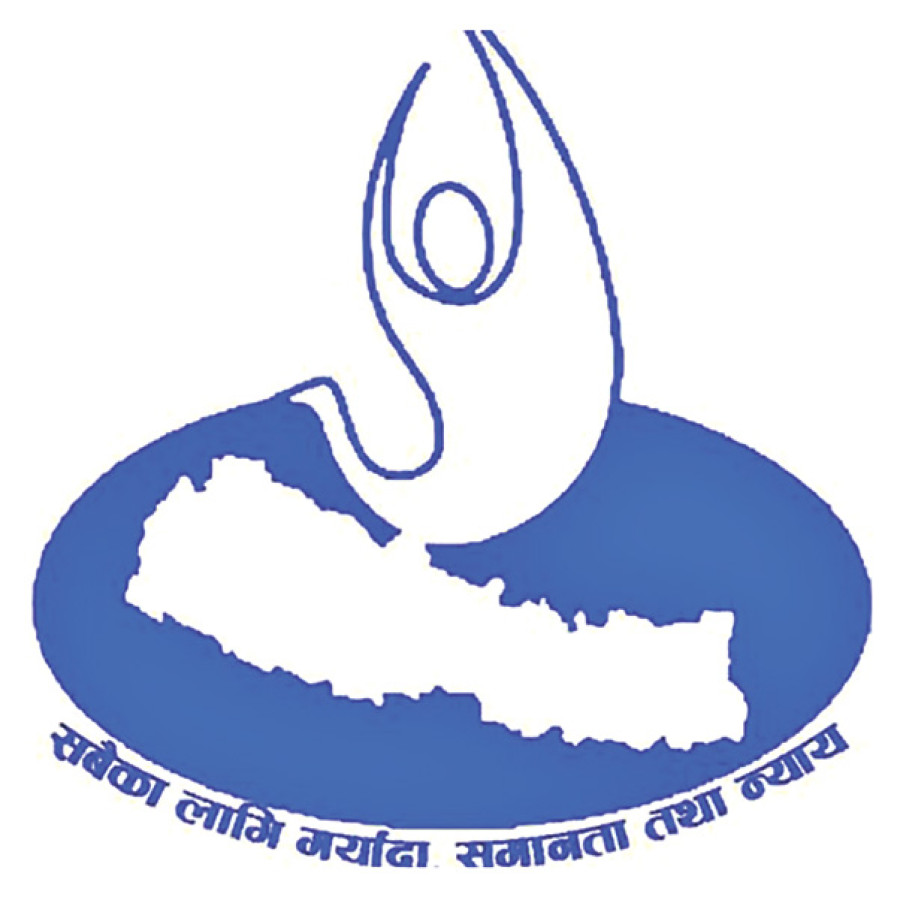Valley
Parliament panel sees breach of statute provision
The Social Justice and Human Rights Committee of Parliament has accused the government of breaching the constitution by circumventing the constitutional provision to table the annual report of the National Human Rights Commission in Parliament for discussion.
Dewan Rai
The Social Justice and Human Rights Committee of Parliament has accused the government of breaching the constitution by circumventing the constitutional provision to table the annual report of the National Human Rights Commission in Parliament for discussion.
Committee Chair Sushil Kumar Shrestha, in a discussion on the report of the rights watchdog on Sunday, said that successive governments had been flouting the constitutional provision wilfully for over a decade now. “Although leaders who fought for democracy all their life hold the executive offices, their governments have not respected the minimum norm of democracy,” said Shrestha. “This is also a disgrace to Parliament.”
The government has been conveniently ignoring the recommendations made by the NRHC in the past decade. As per the statute, the constitutional body submits its annual reports to the President, who forwards it to Parliament through the prime minister for discussion. “It is unfortunate that the Prime Minister’s Office holds the report of national importance, keeping the public in the dark forever,” said Shrestha. “The committee will end this culture once and for all.”
On January 13, the NHRC submitted its annual report to the President. The 255-page report describes a bleak state of the rights situation in the country, with no end to impunity. The rate of implementation of NHRC recommendations stands at 14 percent, almost all related to compensation. The commission, in its report, has raised issues of dismal progress in transitional justice, caste-based violence and inaccessibility of education and health services. “We want lawmakers to raise these issues in Parliament for deliberation,” said Mohna Ansari, the NHRC spokesperson.
“If we want to implement the new constitution, the government should table our report in Parliament for deliberation,” said Commissioner Gobinda Sharma Poudel. “We have found that many Chief District Officers are unaware of human rights programmes in their districts. This is objectionable.”
Committee members who took part in the discussion expressed their ignorance by asking the constitutional body to brief them on its activities, as if it were subordinate to the committee. Article 293 of the constitution bars a parliamentary committee from monitoring and evaluating the functioning and reports of the NHRC.
“All we want is compliance with constitutional provisions,” said NHRC Chair Anup Raj Sharma. “By asking you to table our report for deliberation, we are inviting the committee and Parliament to point out our weaknesses and strengths.”
Sharma also asked the committee to amend the proposed bills to form six commissions as provisioned in the constitution in a way to establish relationship between them.
Bills have been drafted to form National Natural Resources and Fiscal Com-mission, National Inclusion Commission, Indigenous Nationalities Commission, Madhesi Commission, Tharu Commission and Muslim Commission. The bills have no mention of the relation the rights body has with these commissions.
The NHRC has initiated discussion with organisations dealing with rights issues. In a meeting with the transitional justice bodies, the NHRC has pledged all kinds of support for investigation into conflict-era incidents of rights violation. Sharma reiterated that the government should streamline the legal provisions and extend the tenure of the transitional justice bodies to investigate over 60,000 complaints filed by the conflict victims.




 13.16°C Kathmandu
13.16°C Kathmandu















